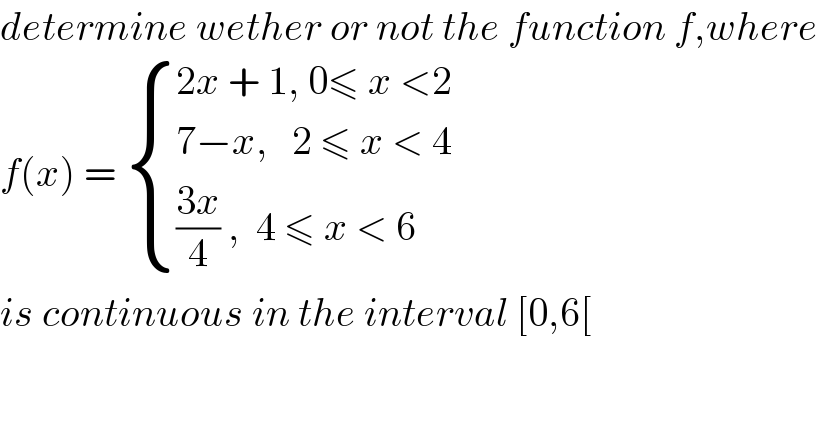
Question and Answers Forum
Question Number 73572 by Rio Michael last updated on 13/Nov/19

Commented bykaivan.ahmadi last updated on 13/Nov/19

| ||
Question and Answers Forum | ||
Question Number 73572 by Rio Michael last updated on 13/Nov/19 | ||
 | ||
Commented bykaivan.ahmadi last updated on 13/Nov/19 | ||
 | ||